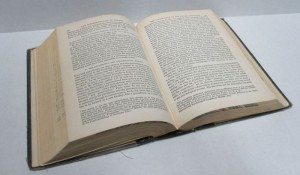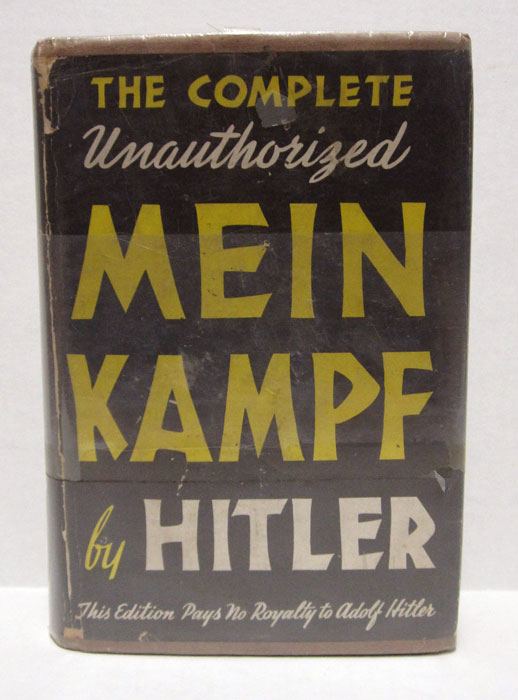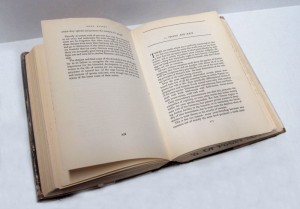1937: Their Eyes Were Watching God
Author/Editor: Zora Neale Hurston
Depicting the life of a black woman named Janie Crawford, Their Eyes Were Watching God describes how the culture and societal pressures in the rural South influenced Janie’s relationships with her three different husbands and how her experiences informed the person she became. Shocking in its starkness, this work initially received mixed reviews; notably it was panned by Hurston’s Harlem Renaissance contemporaries for being essentially too real and doing nothing to promote the African-American experience.
The popularity of this book was revitalized in the 1970s with feminist reinterpretations as well as its inclusion in African-American studies. It has also been transformed into a popular television adaptation produced by Oprah Winfrey.
























